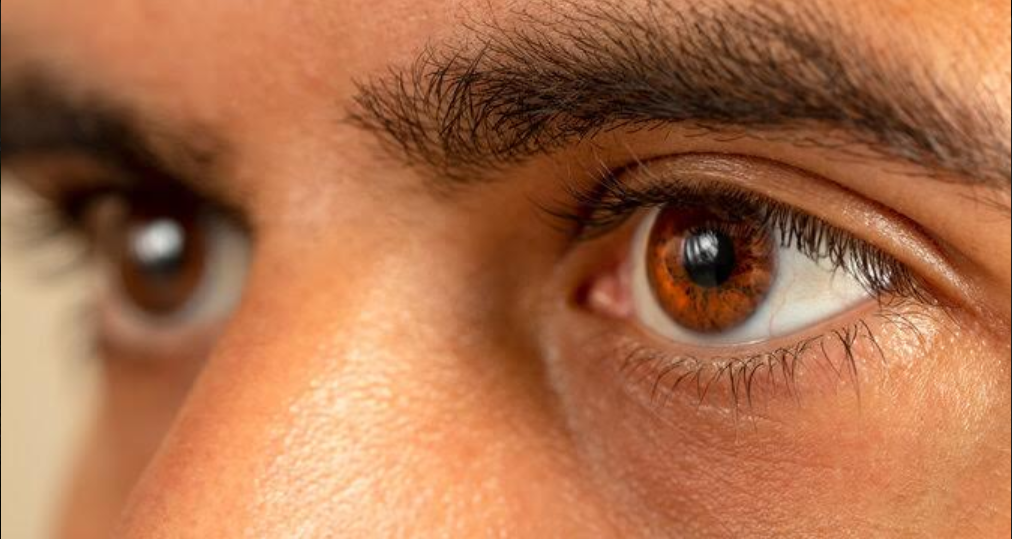Corneal blindness is a significant issue in India, accounting for 8% of total blindness in individuals over 50 years of age and a staggering 37.5% in those under 50. While cataract remains the leading cause of blindness in individuals over 50, uncorrected refractive errors are the major culprits among those under 49. Corneal transplantation, facilitated through eye donation, is a powerful remedy for corneal blindness. Unfortunately, there is a significant disparity between the demand and supply of corneas in India, with approximately 11 lakh people waiting for corneal transplants.
To address this shortage, the National Eye Donation Fortnight takes proactive steps. It brings together eye banks, eye donation centres, and training centres from across the country. Their mission is to raise public awareness about the significance of eye donation and encourage individuals to commit to donating their eyes after their passing. This initiative aims to bridge the gap between the demand and supply of donor eyes and help those in need of sight-saving transplants.
During the 2022-2023 period, a remarkable 109 corneal donations were made as compared to 95 donations in the previous year (2021-2022).
Said, Dr. Jyoti Batra, Consultant - Cataract & Cornea, ICARE Eye Hospital, Sector-26, Noida, "India has witnessed significant geographical disparities in eye donations, resulting in a noticeable gap between the demand and supply of corneas, particularly in the NCR/Noida region. ICARE Eye bank, established in 2000, plays a crucial role in the retrieval, transportation, processing, and utilization of corneas to address this gap. Hospital corneal retrieval programs, grief counseling, public awareness campaigns, and accurate information dissemination are essential tools to boost eye donation rates. We have observed over 12% surge in Corneal Donations Post-Pandemic. "
In observance of Eye Donation Fortnight, ICARE Eye Hospital has a series of initiatives to raise awareness and encourage eye donation, including internal awareness campaigns, collaborations with NOFAA (Noida Federation of Apartment Owners Associations), staff awareness activities, and extensive promotion on social media platforms.
Despite the life-changing potential of eye donation, it remains less popular in India due to misconceptions and cultural beliefs. Common myths include doubts about the proper utilization of donated eyes and concerns about body disfigurement. Addressing these misconceptions is a crucial aspect of the ongoing awareness event.
Dr. Batra further added, "Technological advancements have significantly improved corneal transplantation success rates. Lamellar surgery, anterior and posterior layer cornea usage in different patients, and Keratoprosthesis/ Keratolimbal grafting have optimized tissue utilization. Hospital corneal retrieval programs, led by trained grief counsellors, have played a pivotal role in motivating relatives for eye donation."
For those willing to become eye donors, the criteria are lenient. Anyone above the age of one, regardless of sex or blood type, can donate their corneas. Even individuals who have had cataract surgery, glaucoma, retinal disorders, or wear spectacles are eligible for eye donation. Corneas are only obtained after a person's demise.
About ICARE Eye Hospital, Noida
www.icarehospital.org
ICARE Eye Hospital is one of Delhi-NCR’s oldest and largest NABH-accredited eye hospitals established in 1993. It is a patient-centric tertiary super-speciality eye care hospital, with 25 full-time consultants in 9 different sub-specialities of eye care. The services offered include Vitreo-retina and Uvea, Glaucoma, Cornea, Pediatric Ophthalmology, Oculoplasty and Ocular Oncology, Neuro-Ophthalmology, Contact Lens, Visual Electro Physiology, LASIK, Eye Bank Services, Low Vision, Vision Therapy and Cataract. Dedicated clinics exist such as Vision Club (dedicated clinic for childhood vision problems), LASIK suite, dedicated retina OT etc. 24*7 emergency eyecare services are available.
The hospital’s well-equipped OPD treats over 400 walk-in patients every day. The hospital’s Outreach Program arranges around 200 screening camps and treats more than 180,000 people every year for eye disease. It performs about 16,000 surgeries in a year free of charge, or at a very subsidized cost. The base unit of ICARE Eye Hospital is situated in Sector 26, Noida.
ICARE Eye Hospital with Post Graduate Institute (PGI) has been involved in the training of young doctors in DNB (Diplomate of National Board) Ophthalmology since 2003.
This is a press release received from ICARE Eye Hospital any views, opinions, statements, or information contained in this press release are solely those of ICARE Eye Hospital and do not reflect the views or opinions of Medicircle.

 ICARE Eye Hospital in Sector-26 Noida reports a remarkable surge in corneal donations during the National Eye Donation Fortnight 2023, underscoring the resilience and compassion of local communities.
ICARE Eye Hospital in Sector-26 Noida reports a remarkable surge in corneal donations during the National Eye Donation Fortnight 2023, underscoring the resilience and compassion of local communities.










.jpeg)



.jpg)





.jpeg)

.jpg)





.png)

